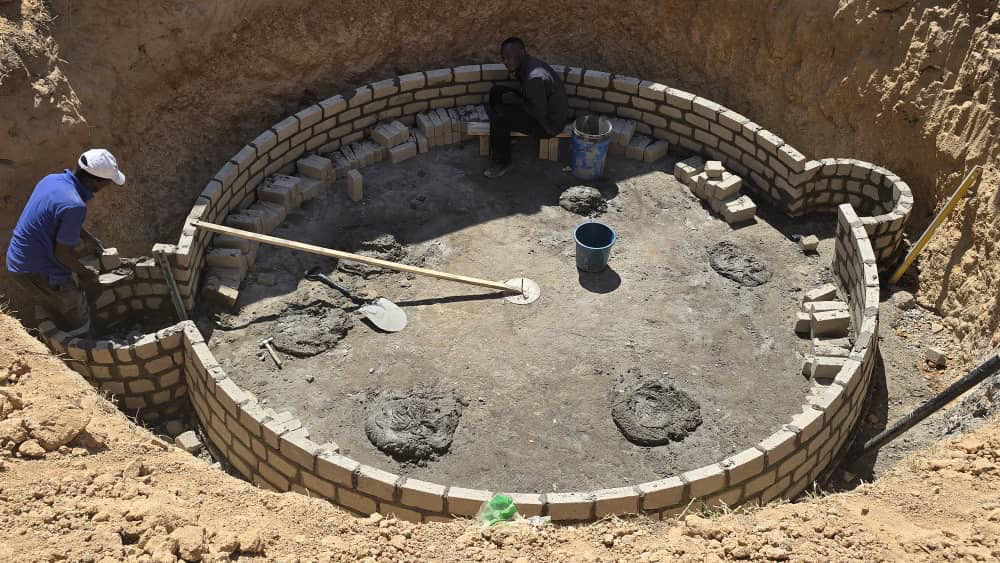December 31, 2025
Young Africa Launches in Nigeria to Empower Over 18,000 Youths with Skills for the Future

The biogas used in the hostel kitchen is made from cow dung collected from Koala, a local cattle production farm. Instead of letting the waste release harmful gases into the atmosphere, it is now being put to productive use, generating clean, renewable energy.
Biogas is produced when organic materials like manure or food waste are broken down in a dome-shaped structure called a biogas digester. The process produces methane and carbon dioxide, which are both greenhouse gases; but instead of these escaping into the air and contributing to global warming, they are captured and used for cooking and heating. This simple shift transforms waste into energy and helps reduce emissions that fuel climate change.
In Zimbabwe, firewood remains the main energy source for cooking, accounting for over 60% of the national energy mix. But burning firewood comes at a heavy price, deforestation, air pollution, and increased carbon emissions. Each tree cut down reduces the planet’s natural ability to absorb carbon dioxide, accelerating global warming and disrupting ecosystems.
By introducing biogas, Young Africa Zimbabwe is taking a practical step toward climate mitigation, cutting down on the need for firewood, protecting forests, and offering a cleaner, safer cooking alternative. The switch also reduces indoor air pollution, improving the health and wellbeing of the young women living and learning at the hostel.
This innovation is part of Young Africa’s broader greening strategy, an initiative supported by the Dutch Postcode Lottery and its players. Through this partnership, we are integrating sustainable practices into our training centres. We are ensuring that young people practice and become champions for a greener planet.